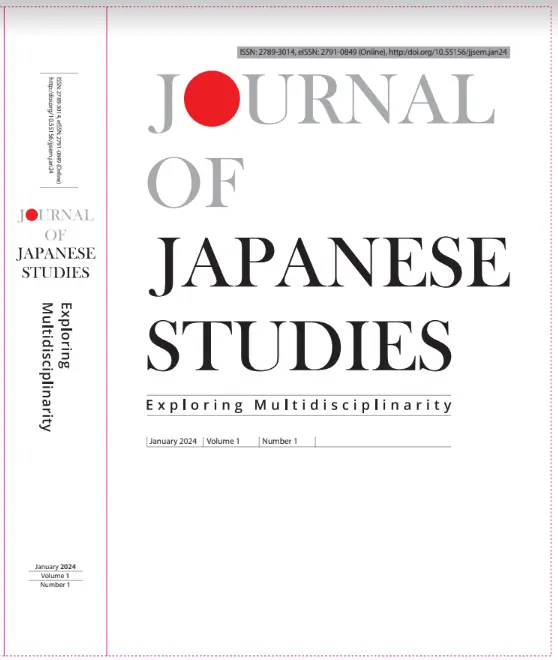
ISSN: 2789-3014
eISSN: 2791-0849 (Online)
Significance and Expected Role of JSASA for Expanding Japanese Studies in South Asia
Lopamudra Malek
DOI : http://doi.org/10.55156/jjsem.jan2409
Journal of Japanese Studies: Exploring Multidisciplinarity
Volume 1, Number 1, January 2024
Abstract
Japan is a proven friend of India, Bangladesh, and more incredible in South Asia. Japanese Studies is taught in Bangladesh and India as an area of study (more precisely, an AREA STUDY). However, in the case of other countries like Sri Lanka, Maldives, and Bhutan – those are still in the Japanese language-culture age, where the paradigm has been shifted to learning Japanese Studies as a multidisciplinary discipline rather than focusing on only language. Canada, Europe, America, and the U.K. have changed their outline much before, and it is high time for South Asia to promote Japanese Studies as a subject to lift their country’s soft power after witnessing Japan’s FOIP policies and QUAD policies. European countries have created many associations like EAJS, BAJS, JSAA, J.S.A. -ASEAN, and many more to achieve this goal. Recently, India, Nepal, and Bangladesh took the initiative to conceptualise the idea of JSASA, which is the Japanese Studies Association in South Asia. This article is about the expected role of the Association of Japanese Studies in expanding Japanese Studies in South Asia. The methodology of the study was solely based on a literature review. Books, articles, web links, and Journals have been read as secondary data. The findings of the research came with some suggestions and comments. Finally concluded with the conclusion is that expanding horizons for Japanese Studies as a department or centre in South Asian countries- is a necessity of time, and JSASA or any other association has to take the lead and formalise the concept of becoming the intellectual hub of South Asian countries along with the paradigm shift.
Keywords: Japanese Studies, Bangladesh, South Asia, JSASA.
Notes on Contributor
Associate Professor, Department of Japanese Studies, Faculty of Social Sciences, University of Dhaka, Bangladesh. E-mail: lopamudra.jsc@du.ac.bd
